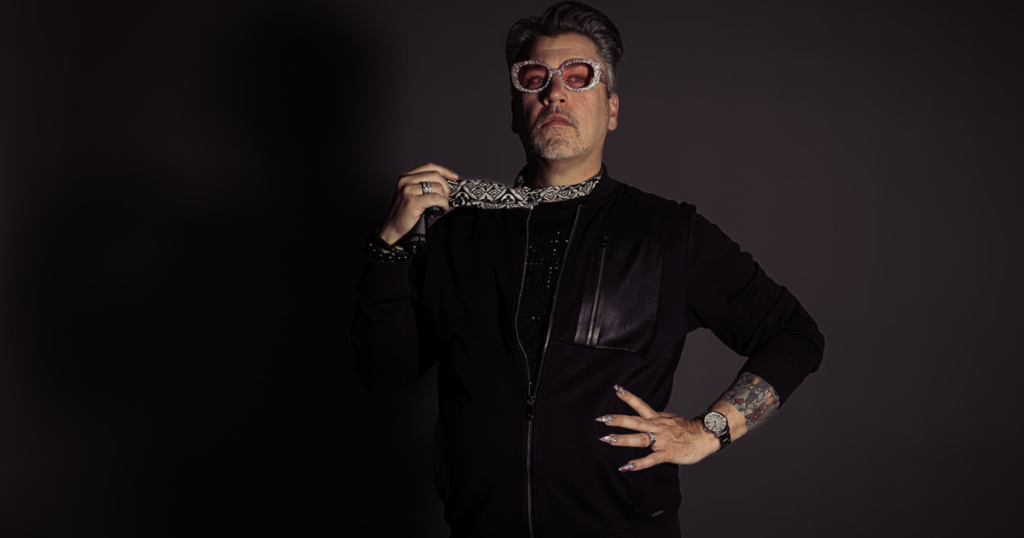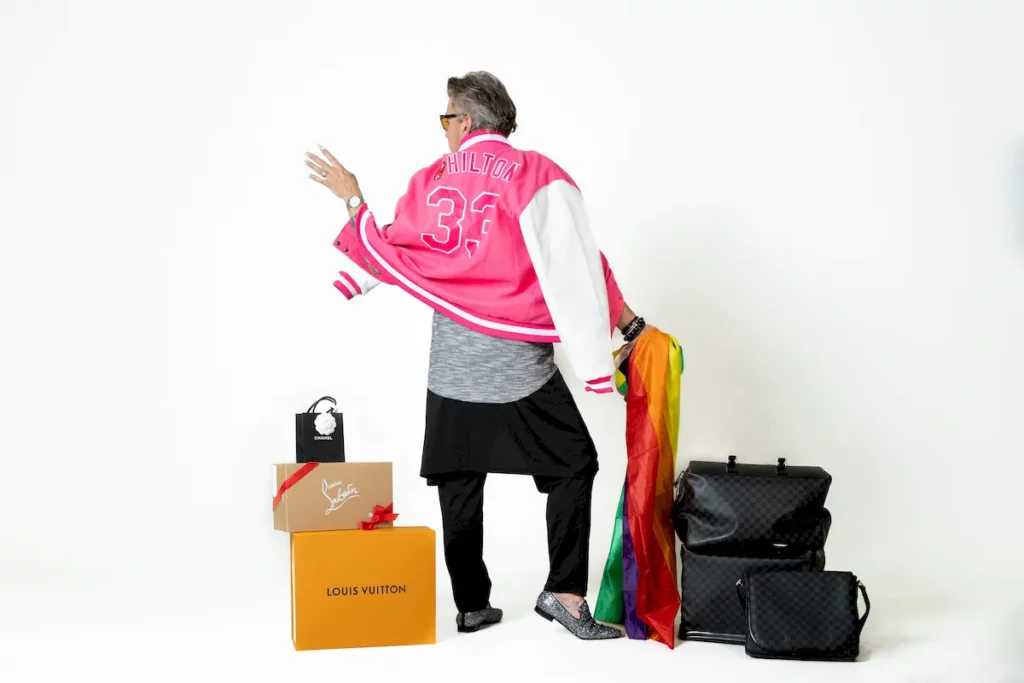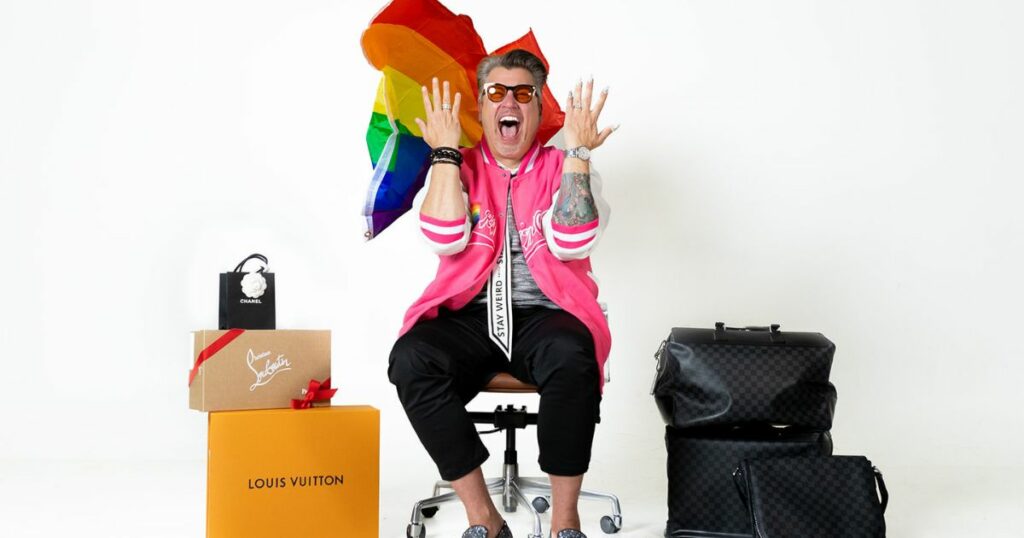The Thurt About Sexual Abuse Trauma
In this Rainbow Hilton Podcast episode, we talk about overcoming sexual abuse trauma, a deeply personal and transformative topic that affects a lot of LGBTQ+ youth every day.
I’ve faced my own battles with sexual abuse, and it has been a long and arduous journey toward healing. But through perseverance, self-reflection, and the support of a loving community, I have emerged stronger and more resilient than ever.
In this post, I will share insights and resources that can guide you in your journey toward healing from sexual abuse and finding the good in the ugly.

What is Sexual Abuse Trauma?
Let´s start from the beginning: What is sexual abuse? Sexual abuse (SA) is any activity forced upon someone without their consent. It can manifest in various forms, such as harassment, assault, or exploitation, and it can affect anyone, regardless of age, gender, or sexual orientation.
I understand that discussing sexual abuse can be difficult and triggering for some. Please know that The Trevor Project is here for you and aims to provide a safe and supportive environment if you need someone to talk to.
As we explore this topic together, I want to remind you that your feelings and experiences are valid. There is a whole community here ready to uplift and support you.
And although being a sexual abuse survivor is hard, healing is possible. With time, patience, and the right help, you can reclaim your life and move forward with strength and resilience.

My Experience Overcoming Sexual Abuse
My own experiences with SA began before I was six years old. Throughout my life, I have struggled to overcome this trauma. Whenever I believed I had conquered it, another layer deep in me revealed itself and made me struggle.
I became a bully, pushing people away to protect myself from further harm. But this only led to more loneliness and pain.
I continued down this path for a long time until I eventually realized my actions were harming me and also affecting others. The relationships I once cherished began to crumble, and I found myself feeling more isolated than ever before.

It was then that I knew I needed to make a change, to break down the barriers I had built and find the courage to let others in, allowing myself to be vulnerable and open to the love and support that I so desperately needed.
Through the years and with much patience, I found my power and purpose, transforming my past into energy, something that could help others. As a life coach, I now work with clients who have experienced various forms of abuse, using my own experiences to empathize with them and guide them through their healing process.
Sexual Abuse Trauma Healing Process
My goal is for you to find the good in your own bad experiences, no matter how difficult that may seem. But the truth is that to find the good in the ugly, you need to heal first.
Healing is a personal and unique experience. What works for one person may not work for another. However, there are some general steps that can guide you toward healing.

- Acknowledge the abuse: The first step in the healing process is acknowledging that the abuse occurred. This can be difficult, as it often involves confronting painful emotions and memories. However, it’s crucial to recognize that the abuse was not your fault, and you deserve to move past it.
- Seek support: Healing from sexual abuse is often challenging to do alone. Reach out to trusted friends, family members, or support groups like The Trevor Project to share your experiences and feelings.
- Surround yourself with people who understand and empathize with your situation. You don’t have to go through this journey alone.
- Connect with a professional. A therapist or counselor experienced in trauma and abuse can be beneficial. In many cases, this type of help can be invaluable. They can provide guidance and coping strategies.
- Practice self-care: Prioritize your well-being by engaging in self-care activities that bring you comfort and joy. Remember: you deserve to be happy. This could be things like exercise, meditation, or spending time in nature.
- Be patient with yourself: Healing is a gradual process, and it’s essential to be patient and gentle. Allow yourself the time and space to process your experiences. Remember, healing is not linear, and setbacks are a natural part of the journey.
How to Take the First Step
If you’re ready to take that first step, start by opening up to a trusted friend or reaching out to me or The Trevor Project counselors.
Remember, more people have experienced SA and have gone through and healed; it’s possible to change the bad and the ugly into something worth sharing, a history, a project, a career, and a happy life.
I hope my story has shown you that there is light at the end of the tunnel and you too can transform your past into a powerful force for good.
See you in the next post!
